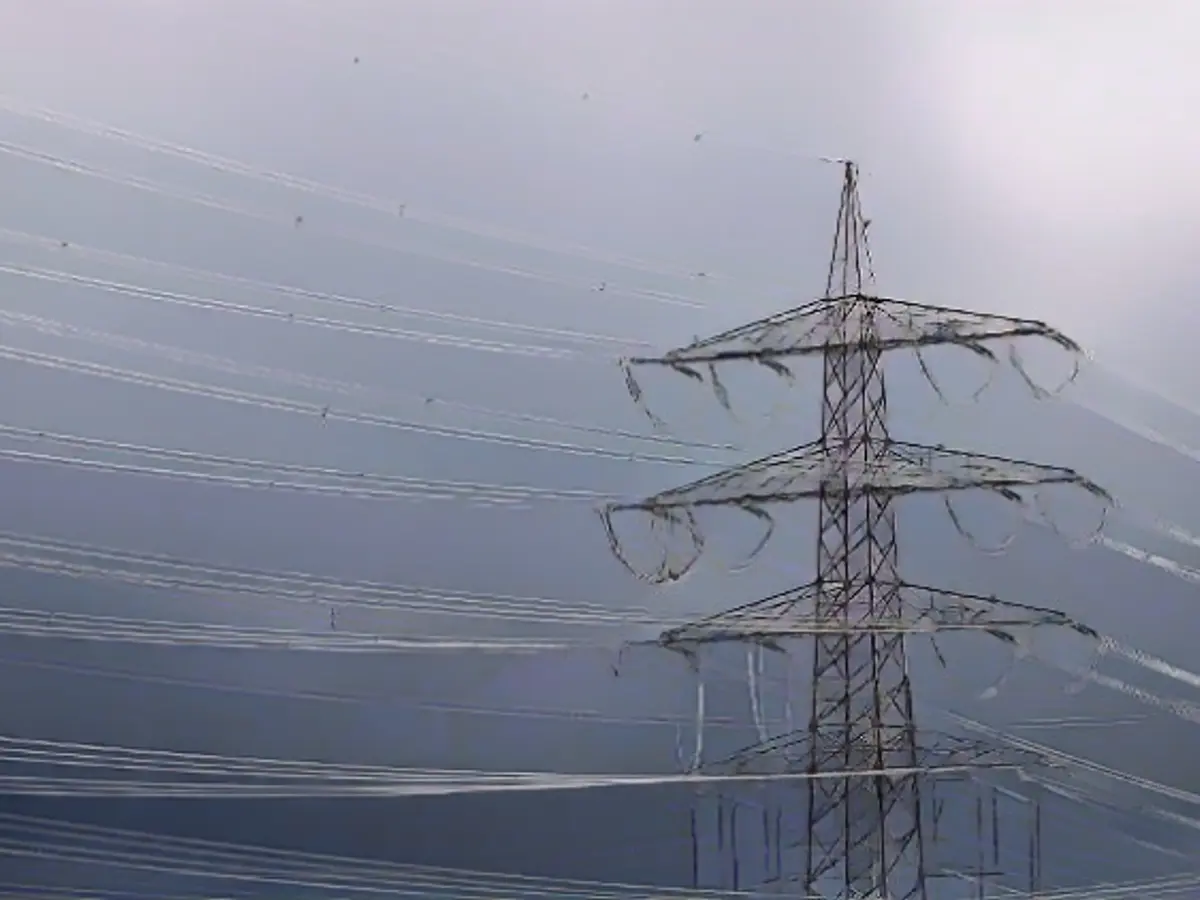Ruling changes nothing? "That was also a big word"
At the last moment, the coalition of the two parties with a traffic light coalition agrees on a federal budget for the coming year. If everything works out, the budget can be passed by the Bundestag on January 19. On "Maybrit Illner", the guests discuss what citizens will have to pay in the near future.
German citizens will face additional costs next year - mainly for heating, electricity and fuel. This is what the new federal budget for 2024 provides for, which the guests will discuss this evening on the ZDF talk show "Maybrit Illner". However, details are difficult to assess, as Chancellor Olaf Scholz of the SPD, Vice-Chancellor Robert Habeck of the Greens and Finance Minister Christian Lindner of the FDP sat together until early Wednesday morning to draw up the new budget. There is hardly any written information.
One thing is now clear: The debt brake is to be adhered to and the transformation of the economy is to be promoted. The budget should also reflect the social component.
However, following a ruling by the Federal Constitutional Court, the federal government will have 17 billion euros less at its disposal next year than planned. Afterwards, Chancellor Scholz promised the citizens in the Bundestag: "The ruling of the Federal Constitutional Court will not change anything in your everyday life, here and now." That now looks different.
"A big word"
"It was also a big word to say that there would be no changes at all," explained Green Party leader Ricarda Lang on Illner. She then justifies the increase in the CO2 price: "We are going back to the path that was already planned by the grand coalition. At that time, it was planned without any relief. Over the past two years, we have introduced massive relief measures." She cites reductions in income tax as an example. "By abolishing the EEG levy, we are paying 85 percent of what comes in via the CO2 price back to the citizens."
According to Lang, the reduction in electricity tax will also provide relief for companies. Finally, the attacks on the welfare state, for which the CDU/CSU parties are primarily responsible, have also been averted. The citizen's income would be increased and basic child protection introduced.
"The citizen must pay more"
FDP parliamentary group leader Christian Dürr explains that the federal government wants to create further work incentives for recipients of the citizen's allowance. However, he cannot say what these should look like in concrete terms. However, "total refusers" who refuse to cooperate with the job centers should be punished more severely. Journalist Kristina Dunz from Redaktionsnetzwerk Deutschland points out that these are very few people, which Dürr denies. But Dunz hits the bull's eye with her criticism: although there are no current figures, according to the Munich newspaper "Merkur", just 0.9% of Hartz 4 recipients at the time refused to attend appointments at the job center in 2020.
"People have to pay more," says Hermann-Josef Tenhagen, editor-in-chief of the money guide Finanztip. However, this does not have much to do with this week's decisions. The abolition of the energy price brakes at the end of the year will be felt by people who heat with gas, and district heating customers will be hit even harder. In addition, the VAT on gas would be increased and then there would be the higher CO2 taxes.
No violation of the Basic Law
Helge Braun from the CDU praises the fact that the debt brake is to be adhered to. However, the chairman of the budget committee in the Bundestag says that no precise plans are yet available in writing. But Braun is convinced: "There are a few accounting tricks, combined with additional burdens on citizens." And Braun threatens: "If the debt brake were to be suspended again with the declaration of emergency for things that are already in the past, that are already known or that are unsuitable in terms of amount, it must be made clear: the CDU/CSU is not in favor of violating the Basic Law, regardless of the good cause."
He may be referring to Chancellor Scholz's announcement that he would request an override resolution in the Bundestag if the war in Ukraine were to be intensified. Braun says that he has looked in the Basic Law and has not found such a term there. Nor can he. In fact, there is only an overrun resolution, with which some universities grant students a deferral of their degrees if they have exceeded the standard period of study.
In the end, Hermann-Josef Tenhagen gives a real savings tip: "People simply have to do a lot more themselves," he advises. For example, the current electricity price is currently 44 cents per kilowatt hour. If they switch, new customers often only have to pay 32 cents. Switching gas suppliers could also result in lower prices. Tenhagen's tip: "Just switch!"
Read also:
- Year of climate records: extreme is the new normal
- Precautionary arrests show Islamist terror threat
- UN vote urges Israel to ceasefire
- SPD rules out budget resolution before the end of the year
The budgetary policy decisions made by the traffic light coalition could potentially impact the wallets of German citizens, as they grapple with increased costs for heating, electricity, and fuel due to the new federal budget for 2024. However, these details are complex and are still being discussed, as Chancellor Scholz, Vice-Chancellor Habeck, and Finance Minister Lindner spent hours finalizing the budget.
The Federal Constitutional Court's ruling has also affected the financial situation of the federal government, reducing its budget by 17 billion euros for the upcoming year. Despite this, Chancellor Scholz assured the citizens that this ruling would not significantly impact their daily lives.
Source: www.ntv.de








